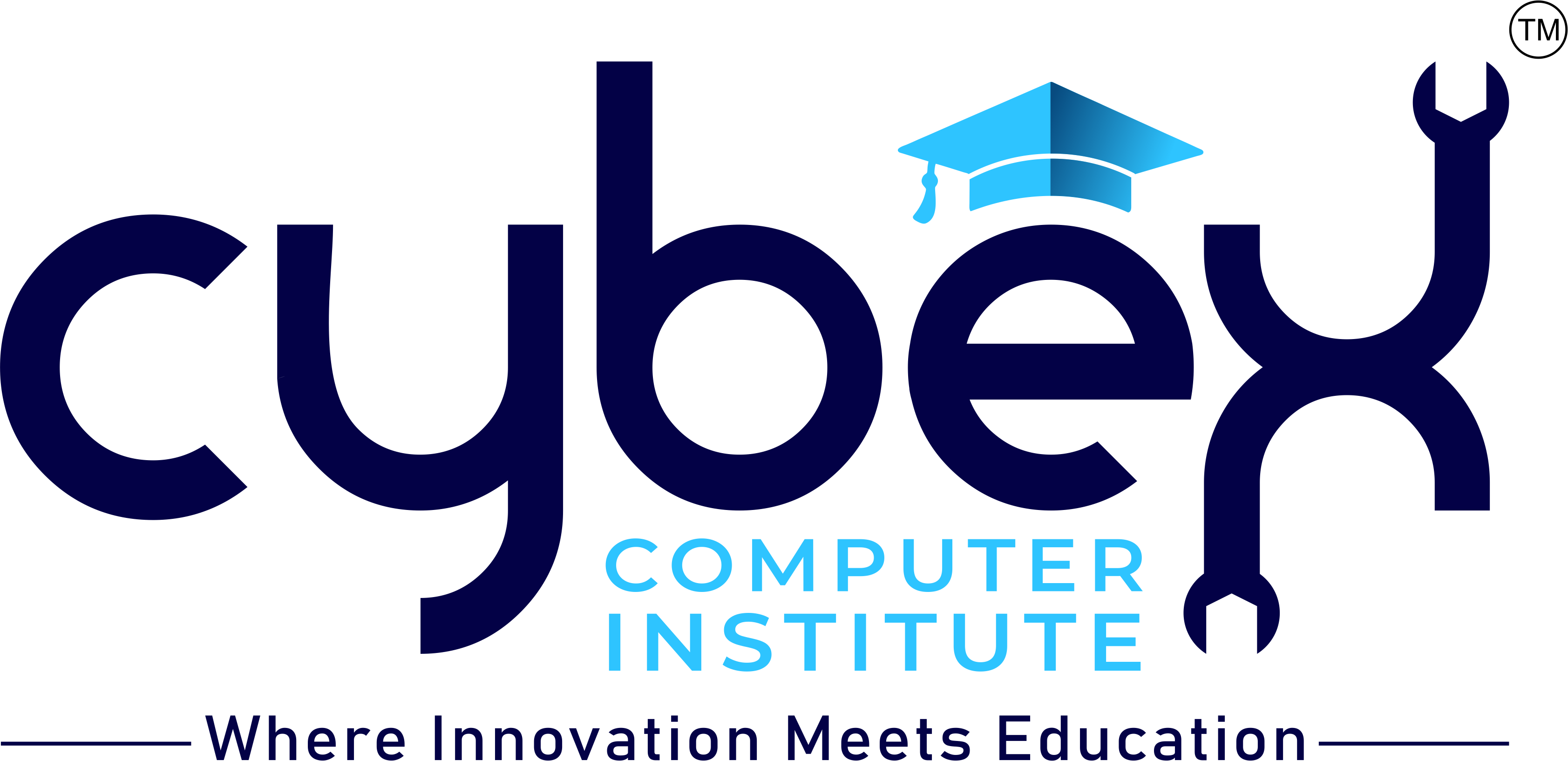Course Description:
This comprehensive banking course is designed to provide individuals with the skills and knowledge required to excel in the banking and financial services industry. Covering key concepts such as banking operations, risk management, financial services, and regulatory compliance, this course equips participants with the tools necessary to succeed in various roles within the banking sector. Mastery of these topics can enhance career opportunities in retail banking, corporate banking, investment banking, and financial advisory services.
Course Outline:
Introduction to Banking:
Overview of the Banking Industry:
Understanding the role of banks in the economy.
Differentiating between types of banks: commercial, retail, investment, and central banks.
Exploring the evolution of banking and its impact on financial systems.
Banking Products and Services:
Introduction to key banking products: deposits, loans, credit facilities, and investment products.
Understanding the services provided by banks: payments, remittances, and wealth management.
Banking Operations:
Retail Banking:
Understanding the functions of retail banking, including account management, personal loans, and credit cards.
Exploring customer service in retail banking and relationship management.
Corporate Banking:
Introduction to corporate banking services: commercial loans, trade finance, and treasury management.
Understanding the needs of corporate clients and how banks meet these needs.
Risk Management in Banking:
Types of Risks:
Identifying the key risks faced by banks: credit risk, market risk, operational risk, and liquidity risk.
Understanding the principles of risk management in banking.
Risk Mitigation Strategies:
Exploring strategies for mitigating various risks, including credit analysis, portfolio management, and hedging techniques.
Financial Services:
Wealth Management:
Introduction to wealth management services, including investment advisory, estate planning, and portfolio management.
Understanding the role of banks in managing client wealth and assets.
Investment Banking:
Overview of investment banking activities: underwriting, mergers and acquisitions, and capital raising.
Understanding the role of investment banks in capital markets.
Regulatory Compliance:
Banking Regulations:
Understanding the regulatory environment for banks, including key regulations and supervisory bodies.
Exploring the role of central banks and regulatory agencies in maintaining financial stability.
Compliance and Anti-Money Laundering (AML):
Introduction to compliance practices in banking, including Know Your Customer (KYC) procedures and AML regulations.
Understanding the importance of regulatory compliance in preventing financial crimes.
Digital Banking and Technology:
Digital Transformation in Banking:
Exploring the impact of technology on banking operations and services.
Understanding the rise of digital banking, fintech, and mobile banking solutions.
Cybersecurity in Banking:
Introduction to cybersecurity threats in the banking sector.
Exploring strategies for protecting banking systems and customer data from cyber threats.
Banking Analytics:
Data Analytics in Banking:
Understanding the role of data analytics in enhancing banking operations.
Exploring the use of big data, AI, and machine learning in banking.
Customer Insights and Personalization:
Utilizing analytics to gain customer insights and offer personalized banking services.
Exploring the benefits of customer segmentation and targeted marketing.
Practical Applications and Case Studies:
Hands-On Practice:
Engaging in practical exercises to apply learned banking concepts and practices.
Completing real-world case studies to enhance understanding of banking operations and decision-making.
Capstone Project:
Developing a comprehensive project that demonstrates proficiency in banking operations, risk management, or financial services for a fictional or real-world bank.
Learning Outcomes:
By the end of this course, participants will have a thorough understanding of banking operations, risk management, financial services, and regulatory compliance. They will be equipped to navigate the complexities of the banking sector, manage banking products and services, and understand the impact of technology on banking. This knowledge will prepare them for roles in retail and corporate banking, risk management, investment banking, and financial advisory services, enhancing their career prospects in the financial industry.
Target Audience:
This course is ideal for individuals seeking to build or enhance their skills in banking and financial services. It is particularly suitable for banking professionals, finance professionals, financial advisors, and anyone interested in pursuing a career in the banking industry.
Whether you are new to banking or looking to deepen your expertise, this course provides the essential skills and knowledge needed to excel in the banking sector and leverage banking products and services effectively in your professional role.




